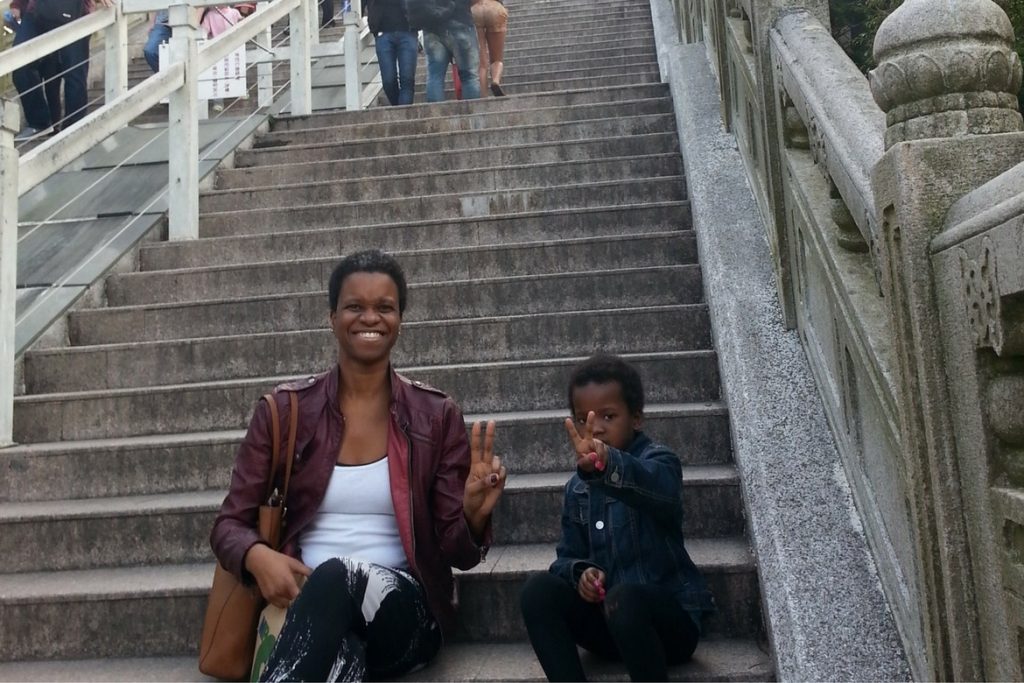United States City Offers $7,000 Support to African Single Parents Abroad
In a groundbreaking move that reflects a growing sense of global responsibility and innovation in poverty reduction, a city in the United States has launched a unique initiative aimed at providing financial support to African single parents living on the continent. The program, which offers a one-time grant of $7,000 to qualifying individuals, is the first of its kind initiated by a U.S. city rather than a federal or international aid agency.
This forward-thinking initiative targets African single parents—primarily mothers—who are leading households under economic strain. The objective is clear: empower families with the resources they need to invest in their children’s well-being, stabilize their financial situation, and create long-term paths to self-reliance. While U.S.-funded aid to Africa is not new, this city-led program marks a bold shift in the directness, scale, and design of economic support.
Why Focus on African Single Parents?
Africa has one of the highest concentrations of single-parent households, many of them led by women. In rural areas and urban slums alike, these women often face a triple burden: earning income, raising children alone, and navigating social or cultural challenges that limit their access to education, property, or credit.
The $7,000 grant was created with these conditions in mind. Rather than trickling through layers of bureaucracy or being tied to restrictive conditions, the funds are disbursed directly to recipients, giving them the freedom to prioritize their own needs. That could mean using the money for a child’s school fees, investing in a micro-business, securing better housing, or covering healthcare costs.
Single-parent households, especially in lower-income regions of Africa, are often caught in a cycle of poverty. Lack of capital prevents them from launching small businesses or improving their living standards. A one-time cash injection can break that cycle—providing not just relief, but real opportunity.
How the Program Works
The selection process is conducted in partnership with African-based community organizations, women’s cooperatives, and development networks. Eligible applicants are identified based on need, the number of dependents, income level, and demonstrated initiative to create a better livelihood—whether through existing business efforts or plans for vocational or trade-based income.
Once approved, recipients receive a single disbursement of $7,000. To ensure the funds are used effectively, the program offers optional mentorship and financial literacy workshops, but participation is not mandatory. There are no restrictions on how the money must be spent. This approach is based on the belief that people in poverty are best positioned to know how to solve their own problems when given the resources.
The funds are typically transferred through secure mobile banking systems, allowing quick and safe access, even in remote areas. For many families, this kind of direct support is more than just a relief—it’s a transformative moment.
The Power of Unconditional Support
Unlike traditional aid programs that require extensive paperwork, long approval timelines, or proof of how every dollar is spent, this initiative is built on trust. It operates on the understanding that people in financial distress are not irresponsible or incapable, but simply under-resourced.
By giving African single parents the autonomy to decide how best to use the money, the program promotes dignity and agency. This model reflects a growing global trend toward unconditional basic income and direct support programs, which have shown promising results in various countries.
Many families use the grant to expand an existing small business—buying more inventory, fixing essential equipment, or renting better space. Others use the money for their children’s schooling, which often involves not only tuition but also uniforms, supplies, and transportation. Still others invest in livestock, home repairs, or basic technology like a phone or solar panel, which can dramatically improve quality of life.
Who Is Behind the Program?
While exact details on the city’s name are being kept limited due to privacy agreements with international partners, the initiative is being spearheaded by a U.S. city known for its progressive approach to social policy and international engagement. The program is backed by a combination of city funds and philanthropic partnerships, with a growing number of individual donors and community organizations stepping forward to expand its reach.
Unlike federal aid, which is typically driven by foreign policy or economic development strategies, this city-level initiative is rooted in human solidarity. It reflects a grassroots recognition that solutions to global poverty don’t always have to come from large bureaucracies or multinational organizations. Local governments, even thousands of miles away, can still be agents of global change.
Early Results and Impact
Though the program is still in its first year, the early feedback is overwhelmingly positive. Participants have reported a noticeable improvement in their household stability, reduced stress levels, and a greater sense of hope for the future.
Some mothers have opened food stalls, tailoring shops, or mobile money kiosks with the funds. Others have pooled resources with neighbors to create community savings groups. Many have paid off debts that were trapping them in high-interest cycles.
Crucially, these changes are not just economic—they’re social. Mothers report feeling more empowered in their households, more respected in their communities, and more confident in their roles as providers.
There are also early indicators that children in these households are benefitting from better nutrition, more consistent school attendance, and healthier living environments.
Challenges and Considerations
Of course, such an ambitious program is not without challenges. Ensuring the money reaches the right individuals, avoiding duplication of benefits, and minimizing fraud are all ongoing concerns. The use of digital identity verification and local organizational partnerships has helped address many of these issues.
There’s also the question of sustainability. While $7,000 is a life-changing amount for many families, it is a one-time grant. Organizers are exploring ways to create follow-up support, such as access to microloans, financial training, or enrollment in larger international development programs.
In addition, as the program gains attention, demand is growing rapidly. City officials and partners are now considering ways to scale the initiative to reach more countries and communities, possibly in collaboration with other cities in the U.S.
A New Model for Global Engagement
This initiative is a rare but powerful example of how municipal governments in developed countries can play a direct role in global poverty reduction. It breaks down the wall between local governance and international aid, showing that compassion doesn’t have to be limited by borders.
At a time when many cities in the United States are focused inward, dealing with their own crises in housing, education, and healthcare, it is both surprising and inspiring to see one city reach out to some of the world’s most vulnerable families with such a bold and generous hand.
The long-term success of the program remains to be seen, but its early impact is undeniable. For hundreds of African single parents, $7,000 is not just money—it’s hope, opportunity, and a future rewritten.






